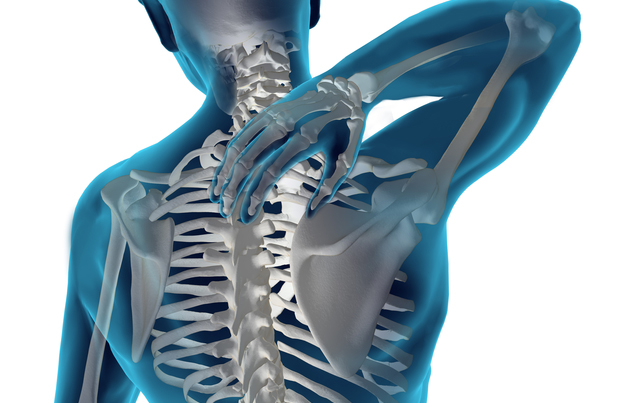What is a chiropractic spinal screening?
A chiropractic spinal screening often involves several key assessment procedures and is designed as a step-by-step process to determine if you have problems or conditions that may benefit from chiropractic care. Chiropractic screenings are often performed at health fairs or other events and they range in duration and complexity, depending on the comprehensiveness of the screening protocol. The goal of a chiropractic spinal screening is to let you know if there are any musculoskeletal problems in your joints or soft tissues that could be helped with joint manipulation, soft tissue work or other chiropractic treatment methods.
Another helpful spinal screening tool used by many chiropractors is a postural assessment. Your chiropractor may use simple observation or a spinal analysis machine to evaluate your standing posture and the postural demands on your spine.
Who Needs a Spinal Screening?
Spinal screenings are particularly important in children and early teens, as this is a period of rapid growth and a time when scoliosis – a sideways curve of the spine – often appears. Early detection of scoliosis may be helpful in treating this problem or preventing a progression of the curve. According to a 2008 case study published in the Journal of Alternative and Complementary Medicine, chiropractic treatment was associated with a decrease in the degree of curvature of adolescent idiopathic (i.e., of unknown cause) scoliosis in this particular case and chiropractic manipulative therapy (among other chiropractic treatment methods) may reduce the need for surgery in patients with this problem.
Another study, published in the journal Spine, reports that spinal screening procedures do appear to be effective in reducing the need for surgical intervention in scoliosis patients.
Chiropractic spinal screenings can benefit people of all ages and occupations. Office workers, construction workers and expecting mothers are just a few of the many types of people who experience unique demands on the spine and its supporting tissues but almost everybody can benefit from an assessment of spine health and function. A spinal screening may helpass, functional capacity, strength and glycemic control, in study participants.
How Are Spinal Screenings Performed?
Every chiropractor has a unique spinal screening procedure but in most cases a chiropractic spinal screening will involve at least one of the following to assess your spine health and function: spinal range of motion tests, palpation of the muscles that support or act on your spine or an evaluation of your intervertebral joint range of motion. These procedures assess the functional health of your spine, the tone and balance of your back and neck muscles and areas of joint fixation or restriction, respectively, detect potential problem areas even before you notice any symptom, and it can help prevent chronic back and neck pain by identifying the true underlying cause of your musculoskeletal problem.

